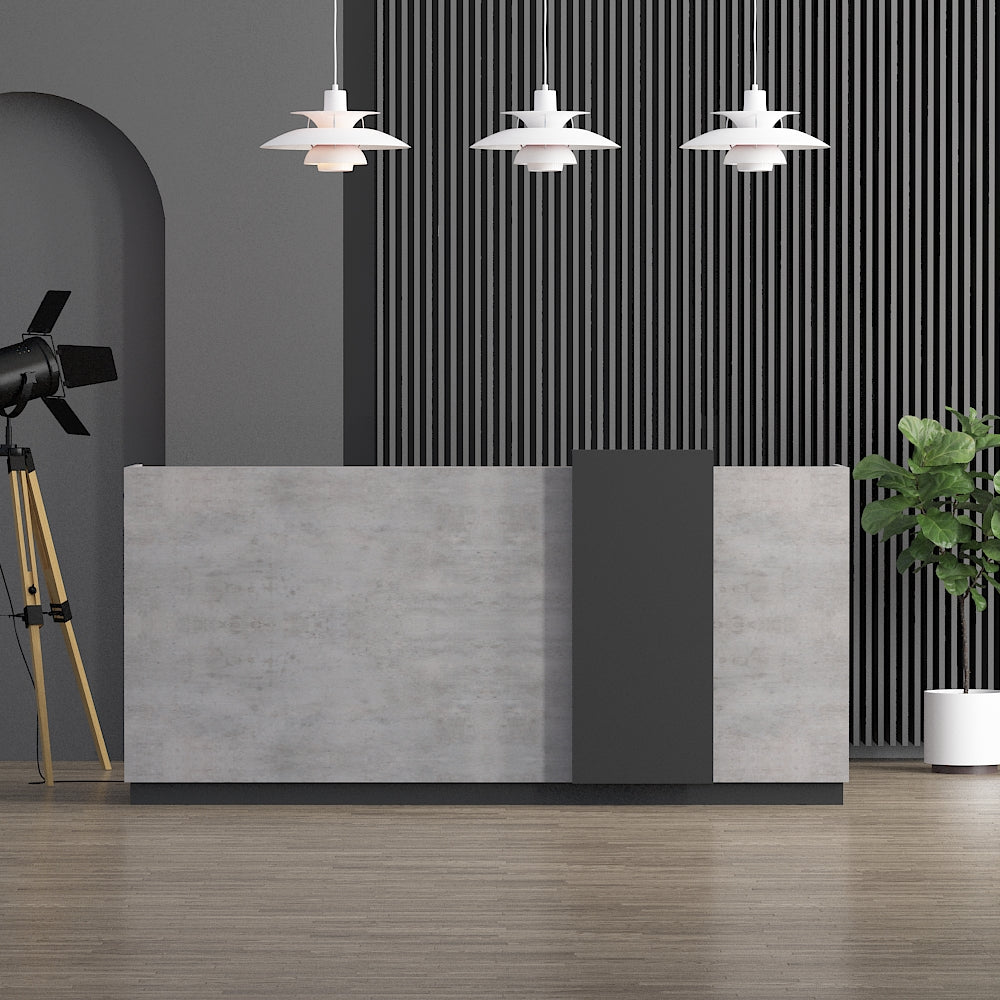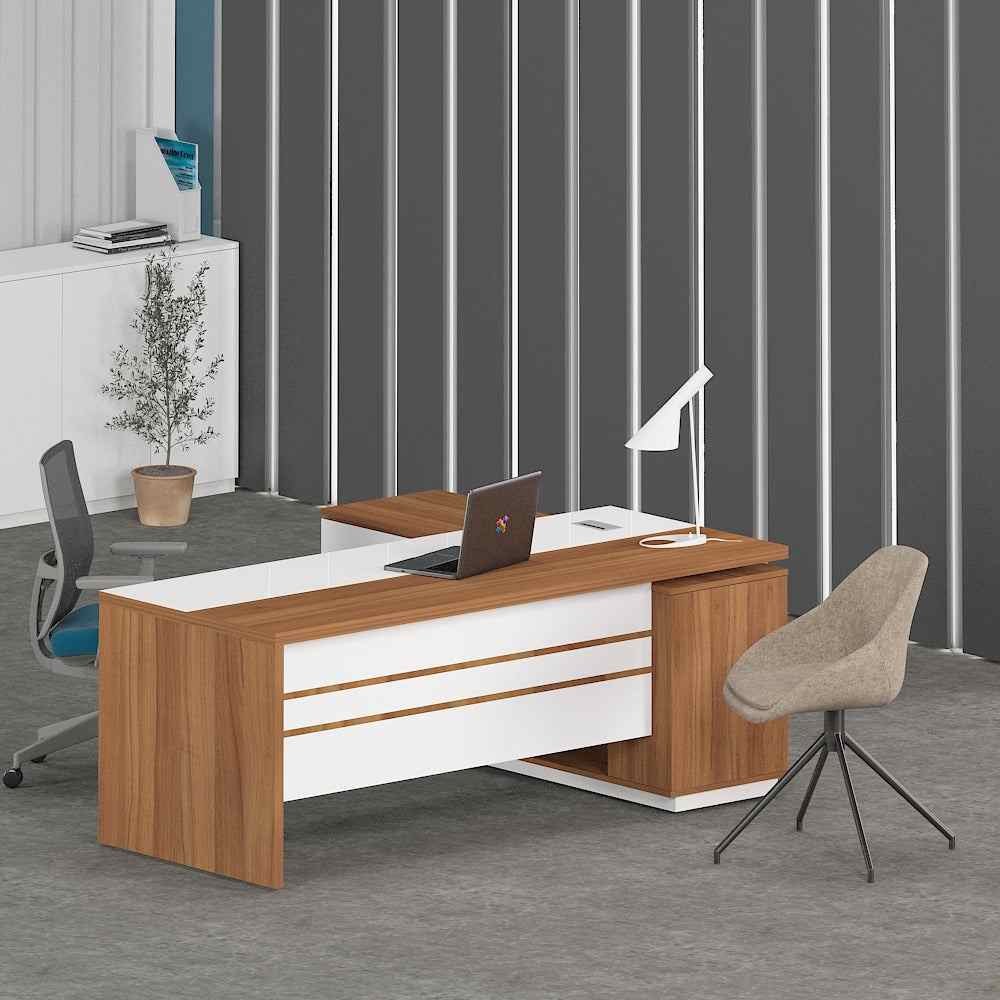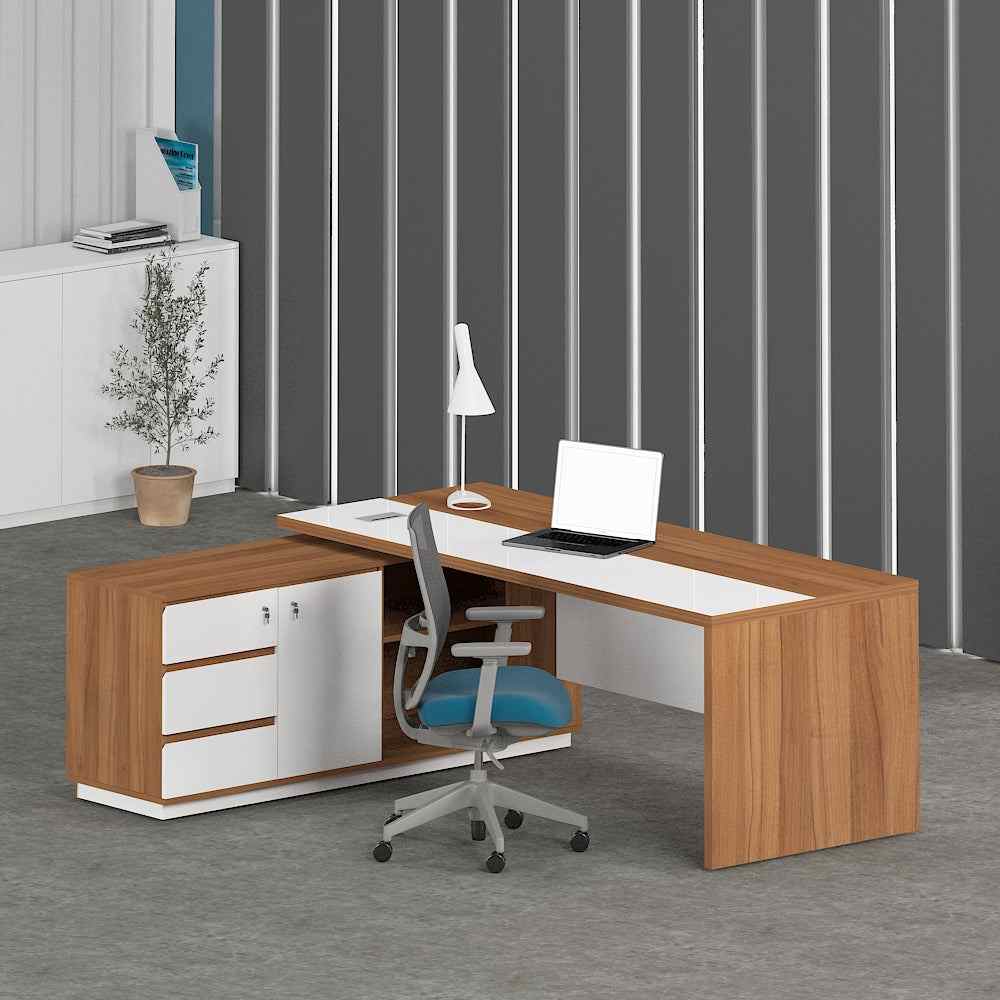How to Maintain Your Office Furniture in Dubai’s Climate
Introduction
Understanding the Impact of Dubai’s Climate on Office Furniture
Dubai's climate is characterized by extreme heat, high humidity, and occasional sandstorms, posing unique challenges for maintaining office furniture. Without proper care and maintenance, furniture can deteriorate rapidly, affecting both its aesthetic appeal and structural integrity. This article explores effective strategies for preserving your office furniture in Dubai's climate and ensuring its longevity.
Choosing Office Furniture Suitable for Dubai’s Climate
Materials Resistant to Heat and Humidity
When selecting office furniture for Dubai's climate, prioritize materials that can withstand heat and humidity. Opt for moisture-resistant materials such as hardwoods, aluminum, and synthetic fibers, which are less susceptible to warping, swelling, and mold growth in humid conditions.
Investing in Quality Construction
In addition to choosing suitable materials, invest in well-constructed furniture that can withstand the rigors of Dubai's climate. Look for sturdy joints, reinforced frames, and durable finishes that resist fading, cracking, and peeling under prolonged exposure to sunlight and heat.
Cleaning and Dusting Strategies
Regular Maintenance Routine
Establish a regular cleaning and dusting routine to remove dirt, dust, and debris from your office furniture. Dust accumulation not only detracts from the appearance of furniture but can also cause scratches and abrasions over time. Use a soft, lint-free cloth or microfiber duster to gently wipe down surfaces and crevices.
Choosing the Right Cleaning Products
When cleaning office furniture in Dubai's climate, avoid harsh chemicals and abrasive cleaners that can damage finishes and materials. Instead, opt for mild, non-abrasive cleaning solutions and water-based polishes suitable for the specific materials used in your furniture. Always test cleaning products on a small, inconspicuous area before applying them to the entire surface.
Preventing Sun Damage
Strategic Placement of Furniture
To minimize sun damage, strategically place office furniture away from direct sunlight or install window treatments such as blinds, curtains, or UV-blocking films. Position desks, chairs, and storage units in shaded areas or use furniture covers to protect against prolonged exposure to sunlight, which can cause fading, discoloration, and deterioration of materials.
Using Window Treatments
Invest in window treatments that filter or block UV rays to protect office furniture from sun damage. UV-blocking films, solar shades, and curtains with UV-resistant liners help reduce heat and glare while preserving the color and integrity of furniture finishes. Consider installing awnings or canopies outside windows to provide additional shade and protection.
Managing Humidity Levels
Dehumidifiers and Air Conditioning
Combat high humidity levels in Dubai by using dehumidifiers and air conditioning systems to maintain optimal indoor humidity levels. Aim for a relative humidity of around 40-60% to prevent mold growth, wood rot, and moisture-related damage to furniture. Regularly inspect and maintain HVAC systems to ensure they are functioning efficiently.
Avoiding Excessive Moisture Exposure
Minimize exposure to moisture by keeping windows and doors closed during humid weather conditions and using weather stripping to seal gaps and prevent air leakage. Avoid placing furniture directly on damp or uneven surfaces, and use moisture-absorbing materials such as silica gel packets or desiccants in storage areas to control humidity levels.
Protecting Against Sand and Dust
Sealing Furniture
Protect office furniture from sand and dust by sealing surfaces with appropriate finishes or coatings. Apply a protective sealant or varnish to wood furniture to create a barrier against moisture, dust, and debris. Consider using furniture wax or polish to enhance shine and repel dust on surfaces such as desks, tables, and cabinets.
Covering Furniture When Not in Use
When office furniture is not in use, cover it with protective covers or cloths to shield against sand and dust accumulation. Use fitted covers or tarps made from breathable, weather-resistant materials that allow air circulation while providing protection from the elements. Regularly shake out and clean covers to remove dirt and debris.
Repairing and Restoring Furniture
Addressing Wear and Tear
Regularly inspect office furniture for signs of wear and tear, such as scratches, dents, or loose joints. Address minor damage promptly with touch-up kits, wood fillers, or furniture repair products designed for the specific materials used in your furniture. For more extensive damage, consult professional furniture repair services to restore furniture to its original condition.
Professional Restoration Services
For comprehensive restoration projects or antique furniture, enlist the services of professional furniture restoration experts in Dubai. Experienced craftsmen can repair, refinish, and reupholster furniture to restore its beauty and functionality. Seek recommendations from trusted sources and inquire about warranties or guarantees for restoration work.
Long-term Maintenance Planning
Creating a Maintenance Schedule
Develop a comprehensive maintenance schedule for your office furniture, including regular cleaning, inspection, and repair tasks. Assign responsibilities to designated staff members or departments and establish clear protocols for reporting and addressing maintenance issues promptly. Incorporate seasonal maintenance tasks to address specific climate-related concerns throughout the year.
Budgeting for Repairs and Replacements
Factor in budgetary allocations for furniture repairs, replacements, and upgrades as part of your long-term maintenance planning. Anticipate potential costs associated with routine maintenance, unexpected repairs, and periodic furniture replacements to ensure you can address maintenance needs promptly and sustainably.
Sustainability Considerations
Choosing Eco-Friendly Options
Incorporate sustainability considerations into your office furniture maintenance strategy by choosing eco-friendly materials and products. Opt for furniture made from renewable, recycled, or reclaimed materials and prioritize products certified by recognized sustainability standards such as FSC or LEED. Support environmentally responsible practices by recycling or repurposing old furniture and minimizing waste generation.
Recycling and Upcycling
Explore recycling and upcycling options for office furniture at the end of its lifecycle. Donate usable furniture to charitable organizations, schools, or community centers, or sell items through consignment stores or online marketplaces. Upcycle furniture components into new products or repurpose materials for other projects to minimize environmental impact and maximize resource efficiency.
Conclusion: Ensuring the Longevity of Your Office Furniture in Dubai’s Climate
Preserving Your Investment
Maintaining office furniture in Dubai's climate requires proactive care, attention to detail, and strategic planning. By choosing suitable materials, implementing regular maintenance routines, and protecting furniture from environmental factors, you can ensure the longevity and functionality of your office furniture investment. Prioritize sustainability, quality craftsmanship, and effective maintenance practices to create a comfortable, attractive, and durable workspace that reflects your business values and supports employee well-being.
FAQs
1. How can I protect my office furniture from sun damage in Dubai's climate?
To protect office furniture from sun damage, strategically place furniture away from direct sunlight or use window treatments such as blinds, curtains, or UV-blocking films. Consider installing awnings or canopies outside windows to provide additional shade and protection.
2. What are the best cleaning products for office furniture in Dubai's climate?
When cleaning office furniture in Dubai's climate, avoid harsh chemicals and abrasive cleaners that can damage finishes and materials. Opt for mild, non-abrasive cleaning solutions and water-based polishes suitable for the specific materials used in your furniture.
3. How can I prevent moisture-related damage to office furniture in Dubai?
To prevent moisture-related damage, maintain optimal indoor humidity levels using dehumidifiers and air conditioning systems. Keep windows and doors closed during humid weather conditions, seal gaps with weather stripping, and avoid placing furniture on damp surfaces.
4. What should I do if my office furniture needs repairs in Dubai?
If office furniture requires repairs in Dubai, address minor damage promptly with touch-up kits or furniture repair products. For more extensive damage, consult professional furniture restoration services to restore furniture to its original condition.
5. How can I incorporate sustainability into my office furniture maintenance strategy in Dubai?
To incorporate sustainability into your office furniture maintenance strategy, choose eco-friendly materials and products, support environmentally responsible practices such as recycling and upcycling, and prioritize durability and longevity to minimize environmental impact.












































